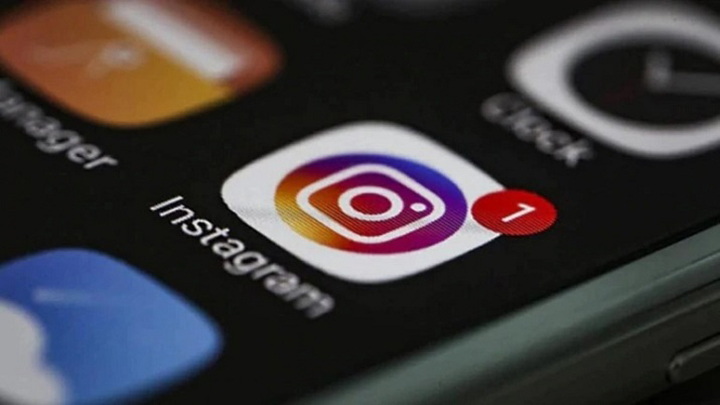Before jumping to his death from his high-rise apartment, Mohit (name changed) sent a text message to his parents and three of his friends telling them he loved them. One of his friends, whose balcony is adjacent to Mohit’s family’s, received one of the messages. He rushed to the balcony to tell his friend not to take the extreme step but Mohit did not look back.
Mohit was just 17, and had been recently promoted to class 12. In the runup to the horrific suicide, a girl shared a story on Instagram about an instance that took place two years ago, when Mohit was just 15. She accused him of molestation and rape while admitting she had no proof.
After her story went viral, Mohit started receiving threatening calls and messages. He was harassed by the girl and his friends. Many people started trolling him on social media. He tried to defend himself and also told his friends that he was innocent but he couldn’t handle the constant threats. He came to believe his side of the story would not be heard.
He was under tremendous pressure, had a panic attack and decided to end his life. After hearing what Mohit did, the girl posted another story saying it was not her fault that he could not handle the pressure.
The boy’s parents are traumatised. His friends and family are shocked. The incident is a wakeup call for us to start using social media responsibly. It is not a platform to settle scores or defame people. The law can provide recourse to prove a crime and punish the guilty.
This incident brings home to us the truth that it is unsafe for teenagers to take the law in their own hands and authorise themselves to pronounce a guilty verdict on the basis of an Instagram post. We wish both Mohit and the girl had talked to someone or taken legal action. Lives must not be lost because of social media threats.
Social media is a grey area. Seek help from people who are qualified and work in safe spaces





